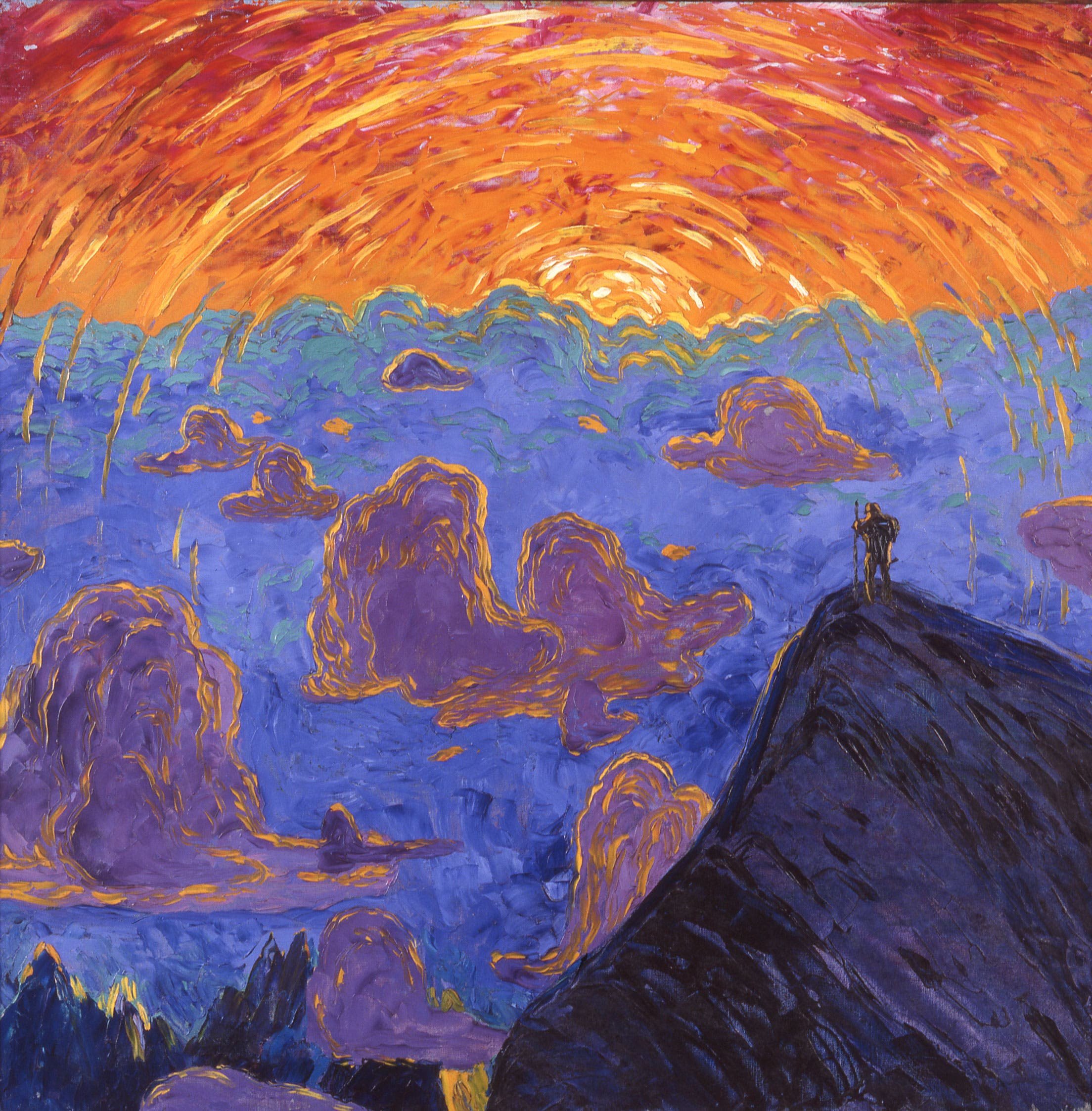February 2022 Edition
I. Walking is not a sport.
Einstein’s hands were shaking.
He looked at his students - all three of them sitting in the large lecture hall - but his mouth refused to read the lecture he was supposed to give.
It was his very first lecture as a young professor and he was stressed.
“You all seem to be overwhelmed!” - said Einstein - “Why don’t we discuss physics outside? Let’s go for a walk!”
Einstein, as many other geniuses, loved walking. Walter Isaacson, in his biography of Einstein, says that the great physicist came up with his ideas either while playing violin or during his long walks.
Einstein knew that walking is not a sport. Sport is all about competition and rules.
There is a kinship between war and sport ‘the same division [as] between victor and the vanquished’ as philosopher Frédéric Gros writes in his book.
Walking, in contrast, liberates us from rules, from being either winner or a loser.
I was never a competitive person. Competing with someone meant focusing on someone else’s life goals and trying to outperform them. I have witnessed others doing it - trying to chase someone else’s career goals for example - and then regretting joining the race at first place.
‘Walking is not a sport… When walkers meet, there is no result, no time: the walker may say which way he has come, mention the best path for viewing the landscape, what can be seen from this or that promontory.’
There is no performance, no competition, no victor or vanquished in walking. Its focus is on achieving equilibrium, a harmony with yourself.
That is why I prefer walking to sport.
Vashik 2009 version age 19, lol.
II. Walking through the streets of Kafka.
Prague is the most beautiful city on the planet. On her streets I learnt about meditative effects of walking.
I spent six wonderful years as a student there. It has been 10 years since I left, but I still remember every building, every passage, every hidden shortcut in its centre.
Despite Prague’s incomparable beauty, there was a point in my life, when I felt sad and depressed because I missed home.
To get distracted, I bought a DSLR camera (Canon 1000D, if you’re curious) to stroll through the streets of Prague and to take pictures of its beautiful architecture.
It opened up a whole new world of … walking to me. I was going out not to take photos, but to take a walk, to clear my mind, to slow down the pace of my thoughts.
Taking photos of historical buildings was a huge plus, but, in its essence it was just an excuse to take a walk.
“The freedom in walking lies in not being anyone; for the walking body has no history, it is just and eddy in the stream of immemorial life.”
With a friend visiting from Moscow, also in 2009. (Excuse my terrible T-shirt, I thought it was cool)
III . Are You Replaceable?
Every now and then we stumble upon writers who can articulate our own life experiences better than we can do them ourselves.
I am quite sure that Frédéric Gros’ book ‘A Philosophy of Walking’ was based on my own experiences. At least, that is how I felt while reading it.
Walking taught me what to value in life. It taught me not to waste my life on actions that can be done by someone else.
If what you do right now could be done by someone else, that means you are replaceable. That means that you are just a faceless cog in the machine. Think about your current job. If you disappear tomorrow, could someone else be hired to replace you?
There are parts of our lives that make us irreplaceable. That is… no one can replace you as a parent to your child. You are unique to your kid. You are unique to your partner or to your parents. You are unique to your friends.
Walking taught me that this can be applied to our experiences too.
No one else could experience Prague exactly the same way as I did while I walked slowly through its streets, paused to admire and to take pictures of architecture that gave birth to Kafka. It was an irreplaceable and unique experience.
How I feel when I reach my office every morning. (by Czech painter Wenzel Hablik)
IV. Great walkers: Nietzsche, Kant, Thoreau and Rimbaud.
Only recently I realised that many great thinkers, whom I admire, were ardent walkers in their lives. Nietzsche wrote all of his great works in six pocket notebooks, which he used to carry with him during his walks through the Swiss mountains.
Thoreau did the same. Rimbaud walked through the entire Europe. Literally. (He called himself ‘a pedestrian’)
Once you acquire knowledge you start noticing it everywhere. All those great thinkers knew about liberating powers of taking a walk.
I can’t write the next Zarathustra. I lack the genius (and weirdness) of Nietzsche. But I can certainly imitate Nietzsche and Rimbaud in the way they walked.
Slowly. Holding their own pace. Paying attention to nature and life. Experiencing it.
I practice this ever since I bought my Canon camera in Prague. It changed my life. I would like to ask you to try it too.



